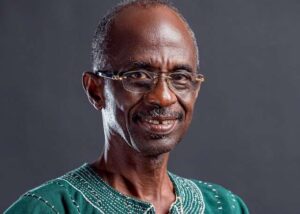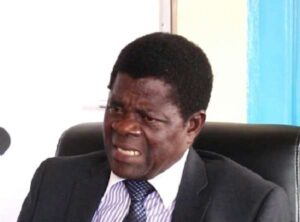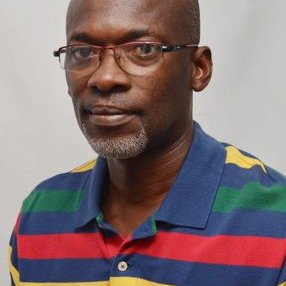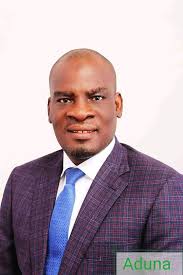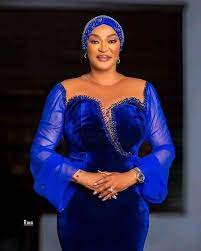Musah Superior Proposes Major Reforms to Strengthen NPP Ahead of Future Elections

Iddrisu Musah, a former Metropolitan Chief Executive of Tamale, has put forward a series of sweeping reforms aimed at rejuvenating the New Patriotic Party (NPP) ahead of the next general elections. In an opinion piece shared with the Ghana News Agency, Musah, who is popularly known as Musah Superior, emphasized the need for structural changes within the party to improve its effectiveness and overall performance.
One of his key recommendations is the abolition of the Polling Station Organisational layer, which he believes has become outdated and ineffective. Instead, Musah proposes the establishment of community-based NPP executives, suggesting a more localized leadership model. He recommends that each community should have a five-member executive, appointed by the Electoral Area Executives. He also suggests that electoral area coordinators should be replaced with seven-member electoral area executives. According to Musah, this shift to community-based leadership would streamline the party’s operations and foster stronger connections with local constituents.
In addition to structural changes, Musah advocates for reforms to the party’s internal electoral process to promote fairness and transparency. He argues that all card-carrying members in good standing should be granted the right to vote in internal party elections. This change, he believes, would enhance democracy within the party, ensuring that decisions reflect the will of the grassroots members while reducing opportunities for corruption and manipulation during the electoral process.
Another major proposal by Musah involves the dissolution of the National Council, a body that he believes is no longer serving its intended purpose. He suggests that the National Council’s responsibilities should be transferred to a reformed National Council of Elders, which could provide more effective leadership and guidance to the party without the need for an additional, bureaucratic layer.
Musah also argues that the position of National Chairman should always remain the party’s leadership role, regardless of whether the party is in government or opposition. This would help provide consistency in leadership and ensure that the National Chairman retains full authority over the party’s direction. He also proposes that parliamentary leadership be selected by Members of Parliament (MPs) through a formula agreed upon by the parliamentary group. This approach, Musah argues, would lead to greater accountability within the parliamentary caucus and ensure that leadership is chosen based on merit and the needs of the party.
When it comes to the campaign process, Musah recommends that the members of the National Campaign Team be appointed by the party in consultation with the Presidential Candidate. This would ensure that the campaign team is composed of individuals with the necessary expertise and strategic insight, as opposed to automatic inclusion of elected officers or parliamentary candidates. By doing so, Musah believes the party would have a more focused and efficient team to run its election campaigns.
Furthermore, Musah highlights the importance of strengthening the party’s Research Directorate. He argues that in order for the NPP to remain competitive and relevant, it must be well-informed about issues affecting the party, the national economy, and voter behavior. Strengthening the Research Directorate would enable the party to be better prepared to respond to emerging challenges and stay attuned to the concerns of the electorate.
These proposals come in the wake of the NPP’s significant losses in the 2024 General Election, where the party lost 49 parliamentary seats and failed to retain the presidency. Dr. Mahamudu Bawumia, the NPP’s flagbearer, garnered 4,877,611 votes, accounting for 41.75% of the certified results from 275 out of 276 constituencies. In response to the election defeat, the NPP has formed an 11-member committee, chaired by Professor Aaron Mike Oquaye, to investigate the reasons behind the loss and suggest strategies for the party’s recovery and future success.
Musah’s proposals for reform are seen as an attempt to address the internal issues that have contributed to the party’s poor performance in recent elections. His suggestions reflect a desire for greater transparency, stronger grassroots involvement, and a more efficient and effective leadership structure. By making these changes, Musah believes the NPP can rebuild itself and emerge stronger in the next election cycle.
These proposed reforms, if implemented, could bring about significant changes in how the NPP operates, ensuring the party is better equipped to meet the challenges of future elections. With his recommendations, Musah is calling for a shift toward a more democratic, localized, and responsive leadership model, one that prioritizes internal democracy and strategic foresight.

